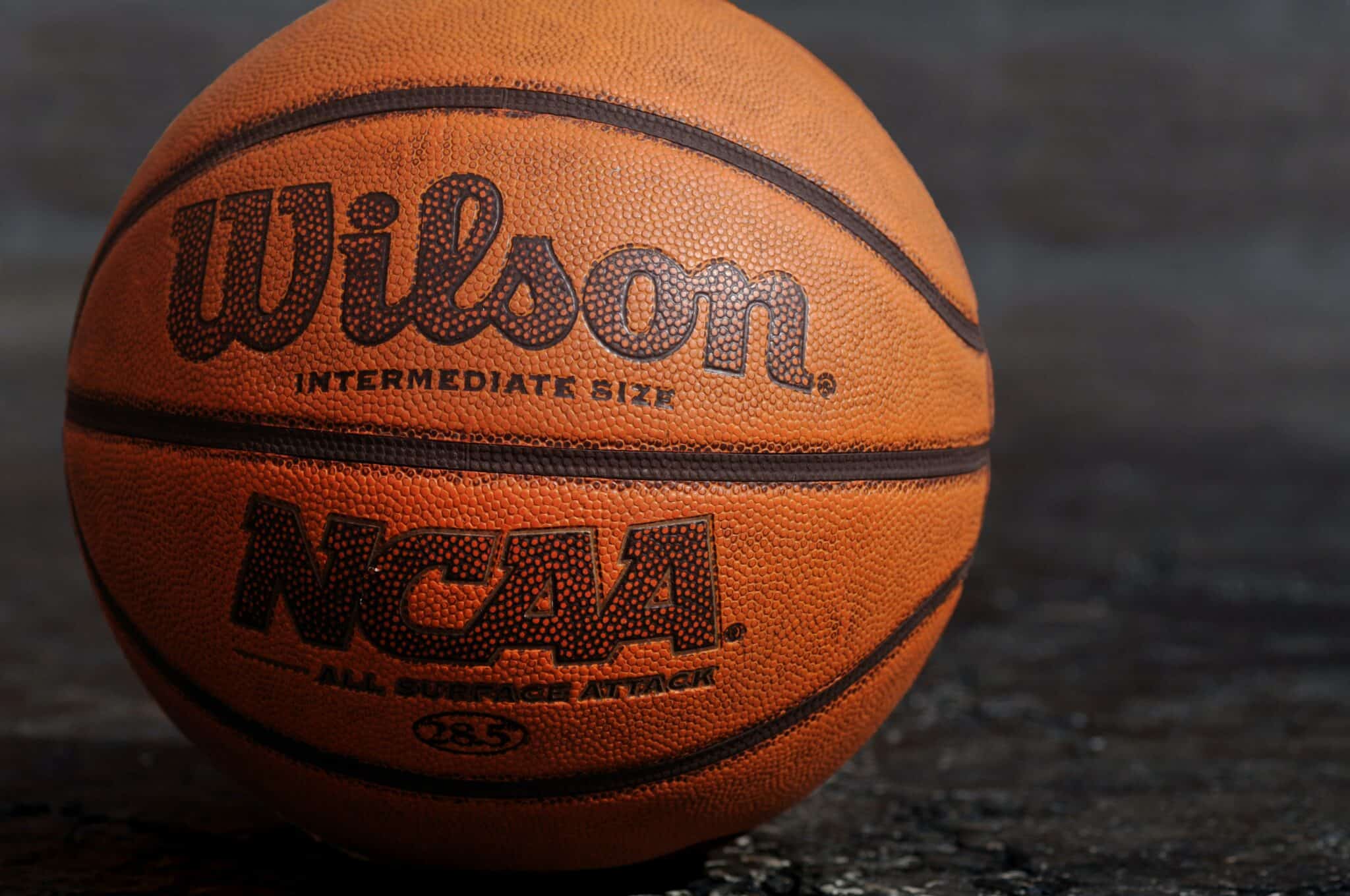
Alex Blutman is a student at Harvard Law School and a member of the Labor and Employment Lab.
Congressional Democrats have pushed forward another front in the movement to reshape college athletics. A bill introduced on May 27 would make college athletes employees of their respective schools with the right to form unions and bargain collectively.
The collegiate athletic system is under attack from three sides. Several suits, most notably O’Bannon v. NCAA and NCAA v. Alston, have raised antitrust challenges against rules of the National Collegiate Athletic Association (“NCAA”), college sports’ governing body, that limit the compensation received by student athletes. Relatedly, NCAA rules have long prohibited student athletes from being paid by third parties for the use of their names, images, and likenesses (“NIL”). To that end, several states have already passed legislation that will grant NIL rights to college athletes, while Congress has considered various federal bills on the matter.
Much less progress has been made with efforts to classify college athletes as employees. In 2014, football players at Northwestern University filed a petition for a union election with the National Labor Relations Board. The Board, without deciding whether the football players were employees, declined to exercise jurisdiction in the case, finding that asserting jurisdiction would upset stability in labor relations. Despite the open question left by Northwestern and a Board decision two years later finding that students who perform services at a university in connection with their studies are statutory employees, no further challenges on behalf of college athletes have been pressed.
The College Athlete Right to Organize Act would resolve the ambiguity left by the Board, directly amending the National Labor Relations Act (“NLRA”) to define any student athlete compensated by their school for athletic ability as an employee of their respective college. Notably, the classification applies to all athletes, whether at public or private institutions, and the bill explicitly grants to the Board jurisdiction over all institutions of higher education in the context of intercollegiate sports in relation to collective bargaining, representation matters, and labor disputes. This extension of the NLRA would potentially displace some state labor laws, which govern employees at public colleges and universities.
The proposed legislation also directs the Board to recognize colleges within an athletic conference as part of a multiemployer bargaining unit; prohibits schools from enforcing conditions on scholarship agreements that would waive rights granted under the act; and preserves the current federal financial aid status of college athletes as well as the tax status and treatment of compensation they receive.
In response to the bill, which is supported by the AFL-CIO, United Steelworkers, and Advancement of Blacks in Sports, the NCAA released a statement condemning the legislation. The organization said that it would “continue to work with members of Congress to focus on issues that align with our priorities. But turning student-athletes into union employees is not the answer.” Senator Chris Murphy, one of the bill’s sponsors, said that having the right to unionize “will help athletes get the pay and protections they deserve and forces the NCAA to treat them as equals rather than second-class citizens.”
While the bill is unlikely to pass, the legislation represents the evolving public attitudes over student athletes and their relationship with their universities.








Daily News & Commentary
Start your day with our roundup of the latest labor developments. See all
February 1
The moratorium blocking the Trump Administration from implementing Reductions in Force (RIFs) against federal workers expires, and workers throughout the country protest to defund ICE.
January 30
Multiple unions endorse a national general strike, and tech companies spend millions on ad campaigns for data centers.
January 29
Texas pauses H-1B hiring; NLRB General Counsel announces new procedures and priorities; Fourth Circuit rejects a teacher's challenge to pronoun policies.
January 28
Over 15,000 New York City nurses continue to strike with support from Mayor Mamdani; a judge grants a preliminary injunction that prevents DHS from ending family reunification parole programs for thousands of family members of U.S. citizens and green-card holders; and decisions in SDNY address whether employees may receive accommodations for telework due to potential exposure to COVID-19 when essential functions cannot be completed at home.
January 27
NYC's new delivery-app tipping law takes effect; 31,000 Kaiser Permanente nurses and healthcare workers go on strike; the NJ Appellate Division revives Atlantic City casino workers’ lawsuit challenging the state’s casino smoking exemption.
January 26
Unions mourn Alex Pretti, EEOC concentrates power, courts decide reach of EFAA.